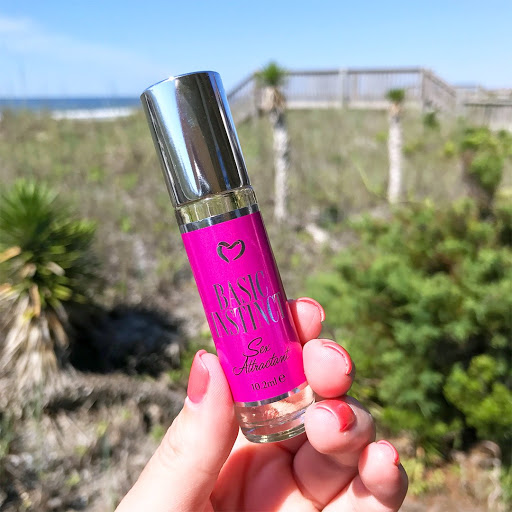“Can I talk to you about bedroom stuff?” This question often marks the start of discussions about low sex drive, a concern that affects nearly half of women in the US between the ages of 30 and 70. In my experience, low libido is the number one issue women seek help with, and understanding the myriad factors contributing to it is crucial.
First and foremost, it’s essential to avoid feeling overwhelmed by the long list of potential causes of low libido. Overwhelm can paralyze progress, so take the list as a checkpoint system. Evaluate each item to see if it applies to you and start addressing the most relevant issues first.
Medications: Medications, including birth control, antidepressants, and even some cough medicines, can significantly impact libido. It’s worth reviewing the side effects of any medications you’re taking and discussing alternatives with your doctor. Interestingly, regular exercise like a brisk walk can act as a natural antidepressant with long-lasting effects.
Pregnancy and Postpartum: Pregnancy and postpartum periods bring fluctuating sexual desires. Some women experience heightened arousal during certain stages of pregnancy, while others see a decrease. Pay close attention to your body’s signals and adapt accordingly. Postpartum women might also grapple with emotional highs and lows, which can affect libido. To combat this, daily self-care activities like reading, light exercise, or meditating can help stabilize your mood and support your mental well-being.
Sleep Deprivation: A significant factor in low libido is sleep deprivation. Adults need between 7 to 9 hours of sleep per night, yet many fall short. Adequate sleep is crucial for maintaining energy levels necessary for a healthy sex life. Additionally, having sex before bed can actually improve sleep quality, creating a win-win situation.
Menopause: Menopause, whether pre or post, can also affect libido. It’s a phase marked by fluctuating desires, but many women find that with time and space, their sexual experiences can improve. Rediscovering what excites you might involve exploring new aspects of your sexuality. Remember, patience and open communication with your partner are key.
Stress: High stress levels lead to increased cortisol production, the stress hormone, which can contribute to depression and decreased libido. To manage stress, consider incorporating orgasms, regular exercise, gratitude journaling, and meditation into your routine.
Clutter: Believe it or not, a cluttered living space can impact your ability to enjoy intimacy. If your bedroom is filled with piles of laundry and clutter, it can be distracting and reduce your desire for sex. Transforming your bedroom into a clean, organized sanctuary can enhance your mood and set the stage for intimacy.
Hormonal Imbalance: Hormonal imbalances can significantly affect sex drive. While doctors typically offer blood tests to check hormone levels, a spit test, such as the HealthConfirm Hormone Vitality Test Plus, can provide more detailed insights. Depending on the provider, you may also have the option to consult with a specialist about your results.
Emotional Barriers: Past experiences with shame, guilt, or judgment surrounding sex can deeply affect your libido. If you grew up with negative messages about sex, it’s important to challenge those beliefs and seek a healthier perspective. Engaging in conversations with a trusted friend, partner, or counselor can help you process and overcome these barriers.
Weight Gain: Weight gain can impact libido on an emotional level, which might affect physical desire. Regardless of weight changes, remember that you remain a beautiful, sensual individual. Embrace your new body, and invest in yourself with new lingerie or self-care activities to reconnect with your sexuality.
Medical Procedures: Procedures like a hysterectomy can also influence libido. It’s normal to experience fluctuations as you heal and adapt to changes in your body. Open communication with your partner and exploring products designed to enhance intimacy can be beneficial.
Relational Strife: Unresolved conflicts can hinder intimacy. Addressing and resolving issues with your partner, whether through regular date nights or professional counseling, can improve your emotional connection and, in turn, enhance your sex life.
Addressing low libido involves exploring and addressing multiple factors. By understanding these aspects and taking proactive steps, you can reclaim control over your sex life. Remember, sex is a natural and enjoyable part of life, designed for pleasure and connection.


